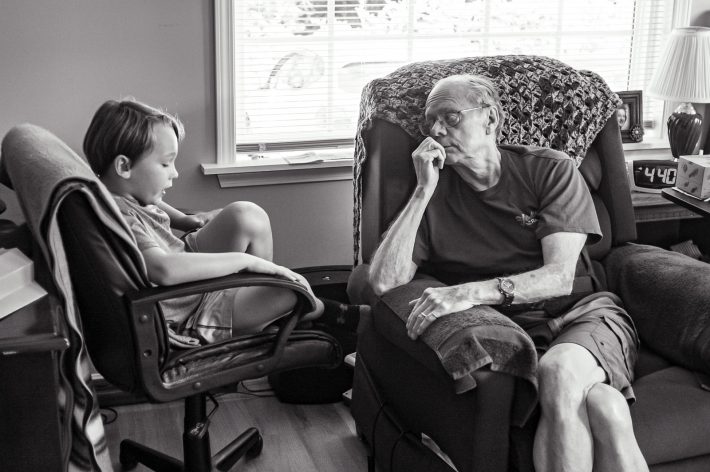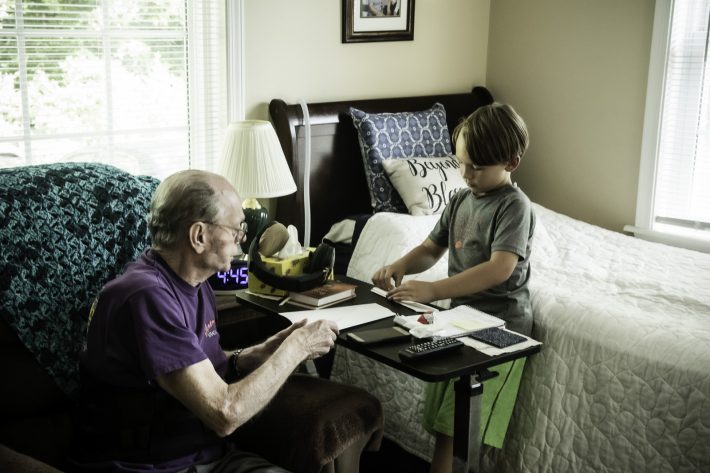“We don’t say that to anyone, though, because we don’t want them to laugh at us.” The Boy was describing to me, as we drove home from his school, a new game he and some of his friends had invented. Apparently, they have a graphic design company (of course, he didn’t use that particular term) because they all love drawing, and this weekend, they all have “a lot of work” to get done for the firm. However, they’ve kept it a secret from their non-drawing peers to avoid mockery.
How much of this potential mockery would become actual mocker, I do not know. E is sensitive, and simple, one-time, childish comment from a peer might feel like persistent, tormenting mockery to him. Still, I found his words both encouraging and discouraging. On the one hand, they suggest a certain awareness of what’s out there, an understanding that the world can be a nasty place that doesn’t smile on things that appear out of place. That’s much better than a simplistic naivety. On the other hand, he deals with that by hiding that part of himself from others to avoid it all. Of course, he’s just a second-grade boy: I don’t expect the kind of emotional fortitude that would lead someone to say, “Look, we enjoy it, and that’s all that matters,” to potential tormentors.
When he got home, he talked to Papa about it and a few other things. He always has a captive discussion partner when talking to Papa: it’s the number one duty of grandparents, I suppose. Parents can say, “Not now, sweetie — I have to X” but not grandparents.
Afterward, they built a few paper airplanes together.

